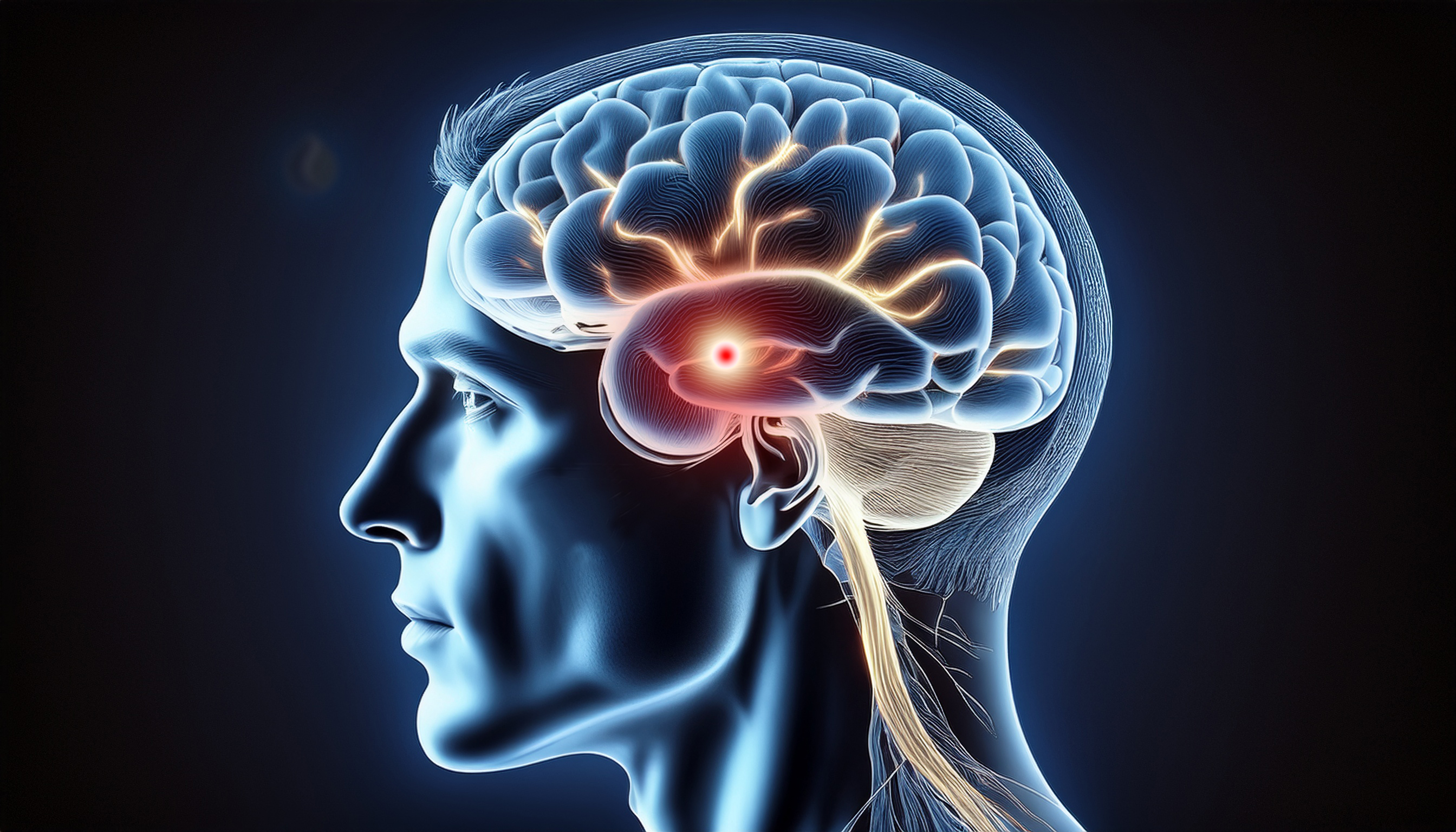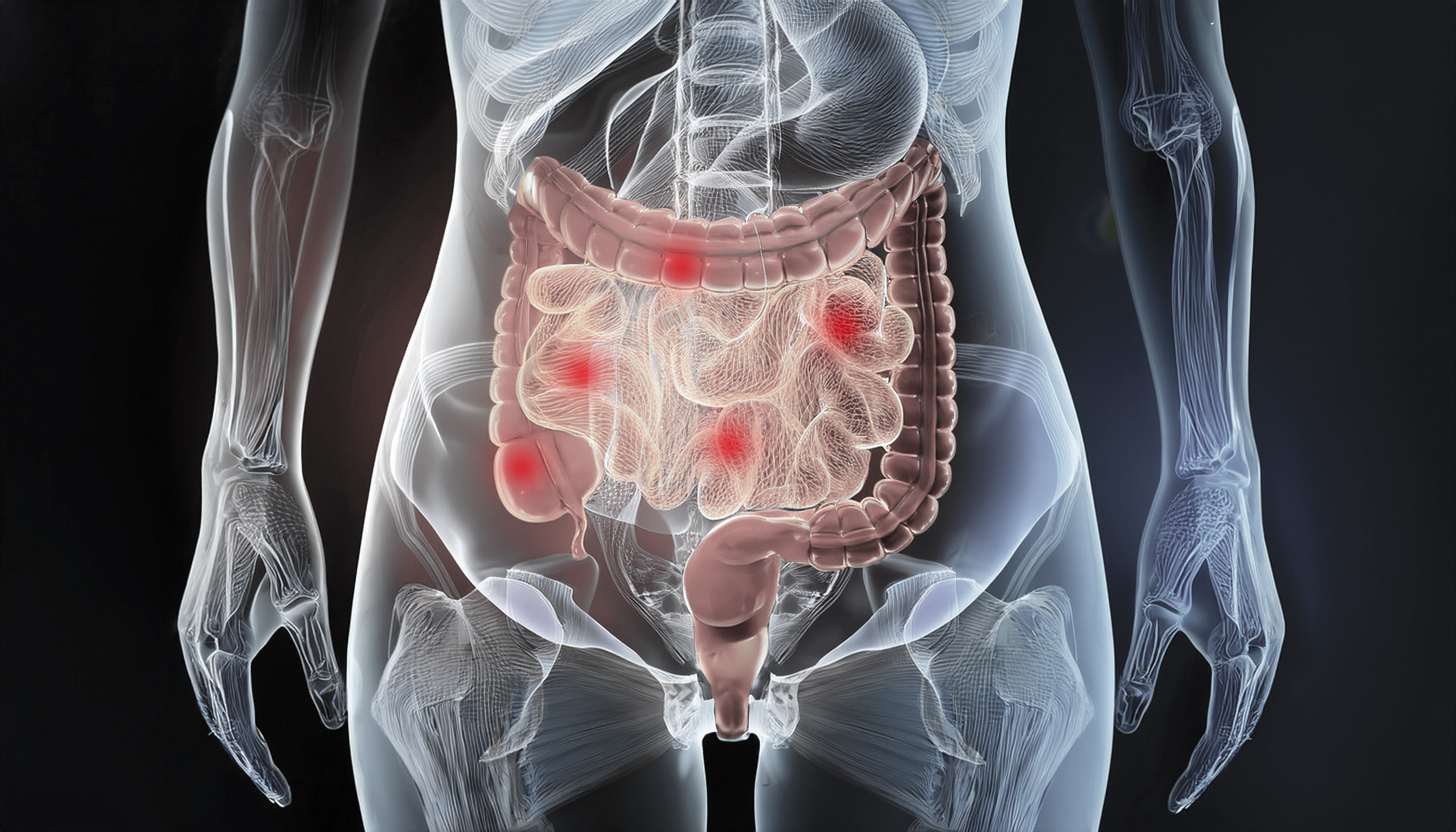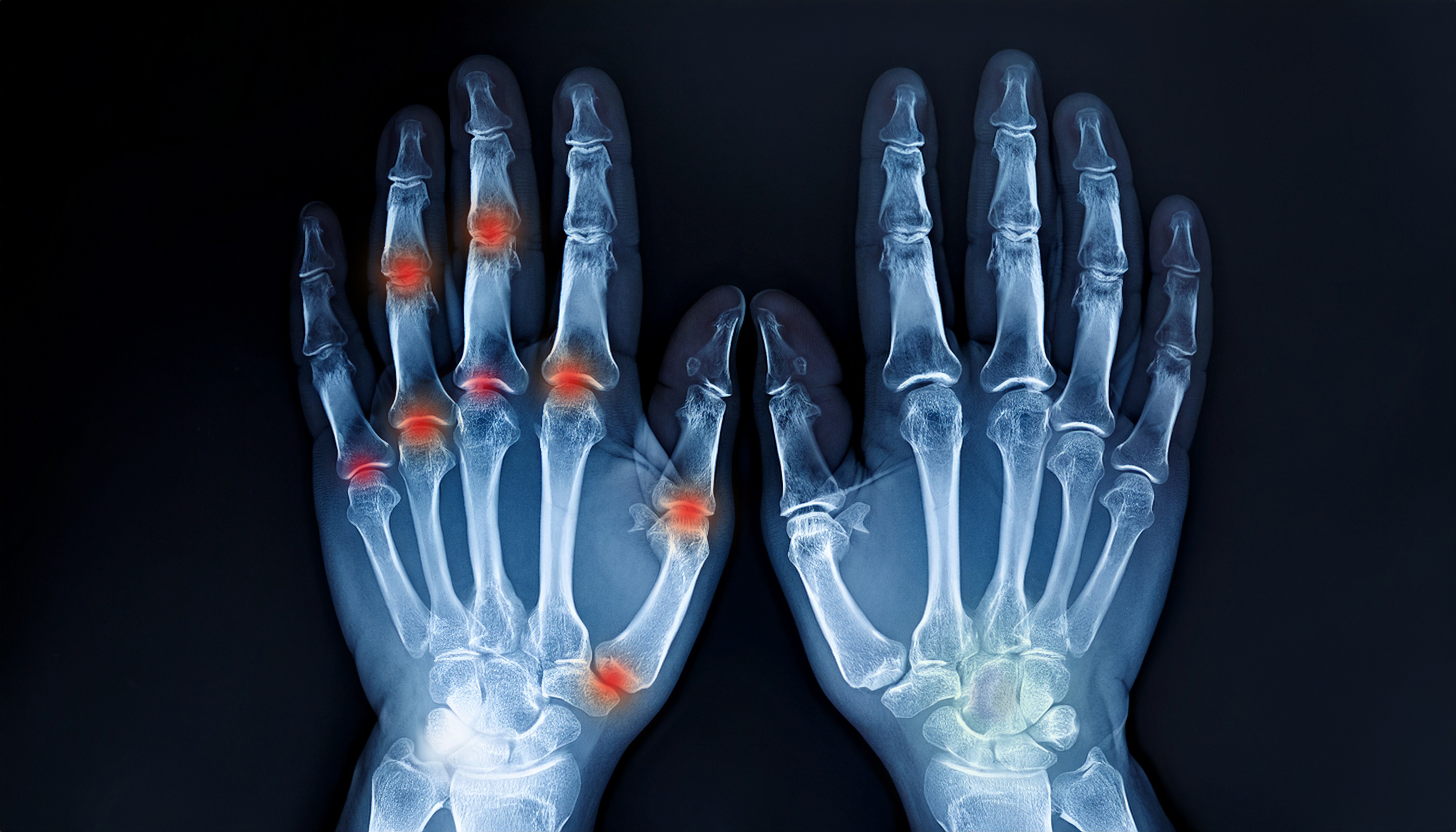What is Parkinson’s Disease?
Parkinson’s disease is a chronic and progressive neurological disorder that primarily affects motor function. The condition arises from the degeneration of dopamine-producing cells in the substantia nigra, a region of the brain responsible for motor control. Dopamine is essential for smooth and coordinated movements. A lack of dopamine results in the typical symptoms such as tremors, stiffness, slowness of movement, and balance issues.
But what exactly causes Parkinson’s? Depending on the medical school of thought, the cause is interpreted differently. In this comprehensive blog, we analyze the causes and symptoms of Parkinson’s disease from various medical perspectives.
Common Symptoms of Parkinson’s Disease:
Tremors, especially at rest
Muscle stiffness (rigidity)
Slowness of movement (bradykinesia)
Postural instability and balan











